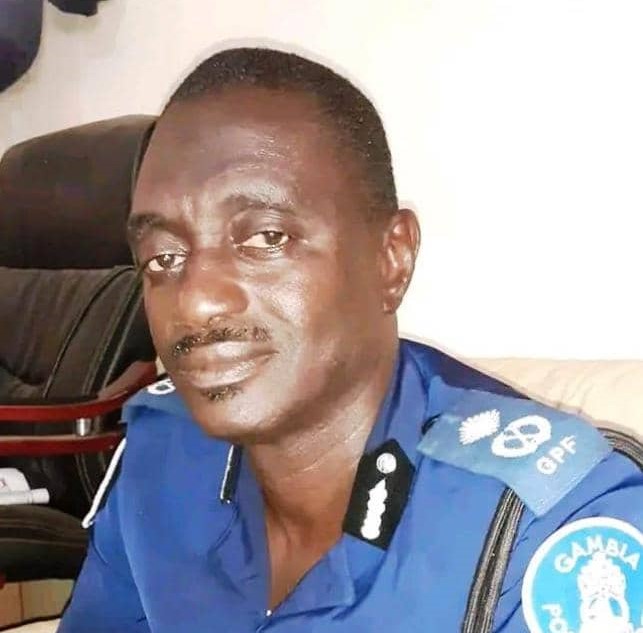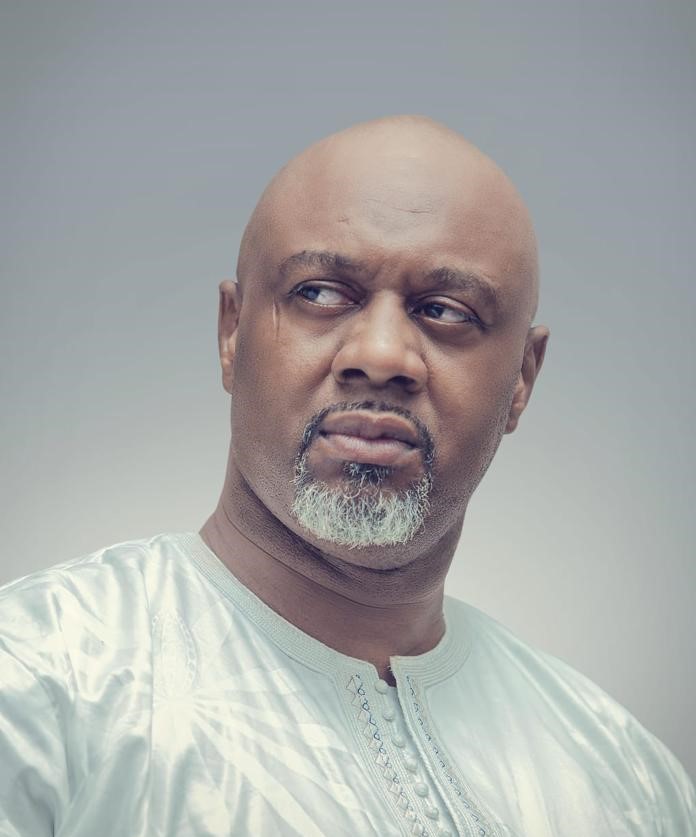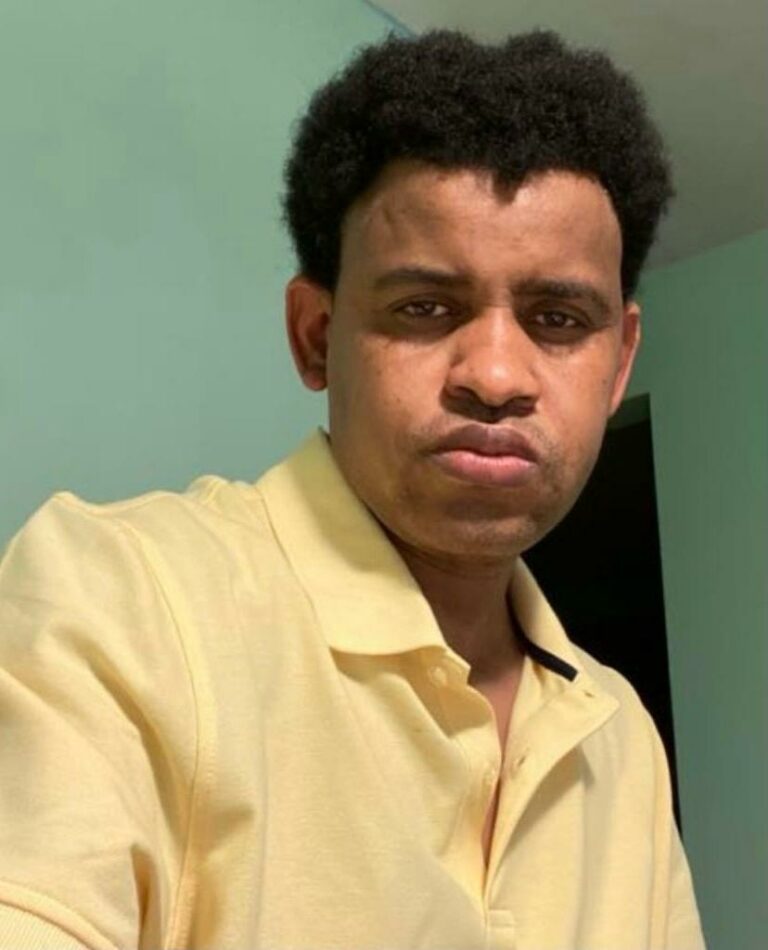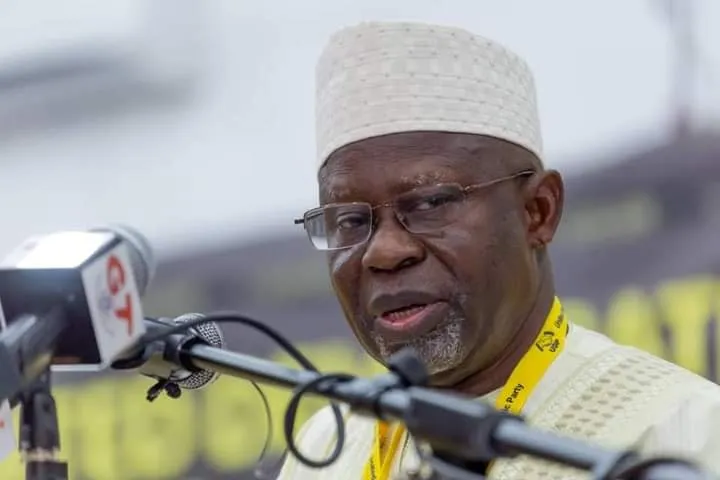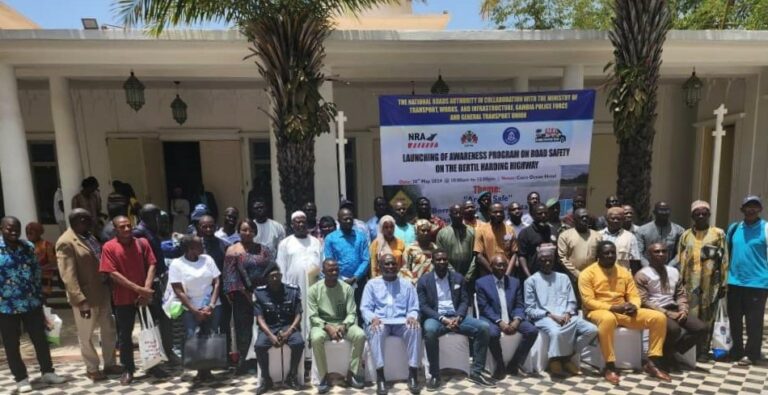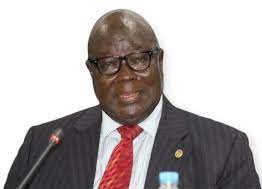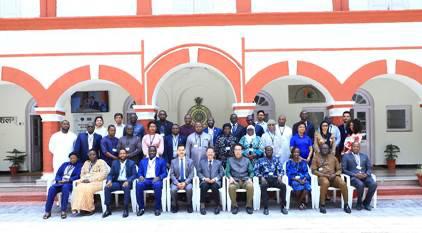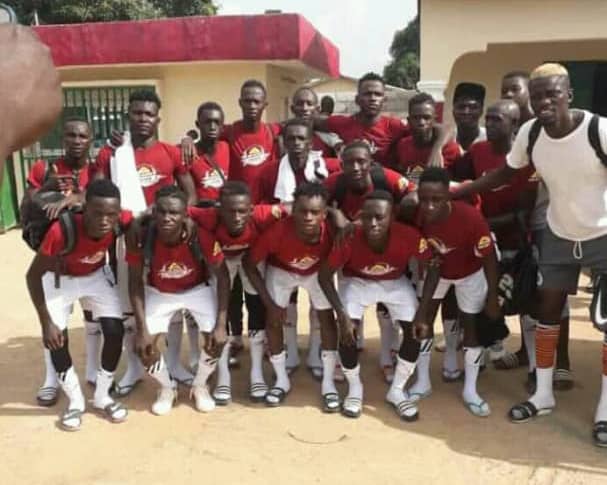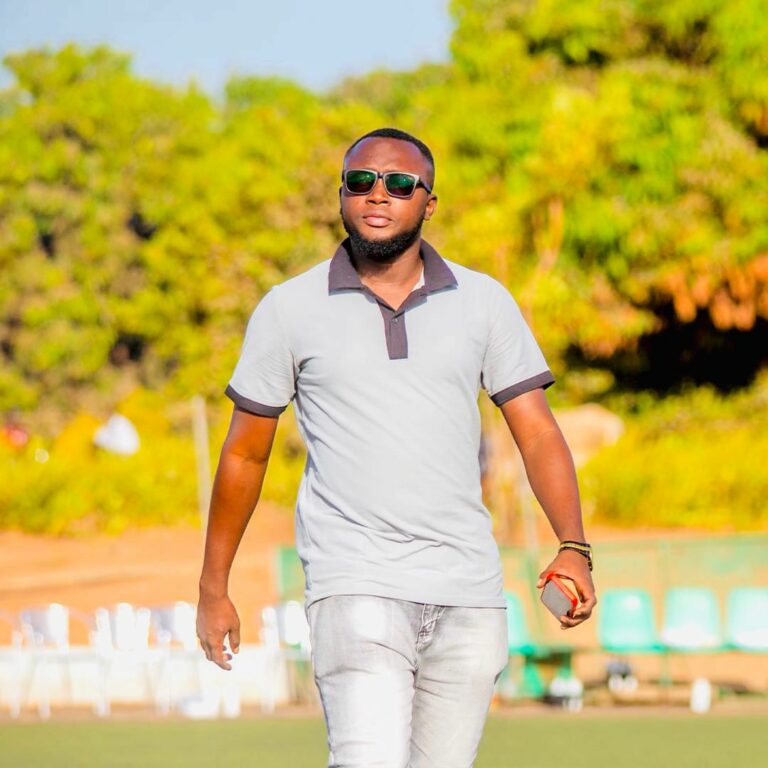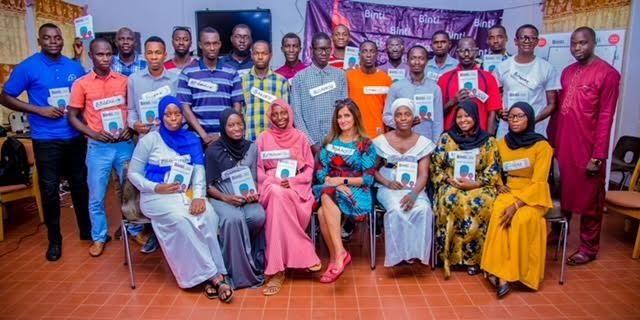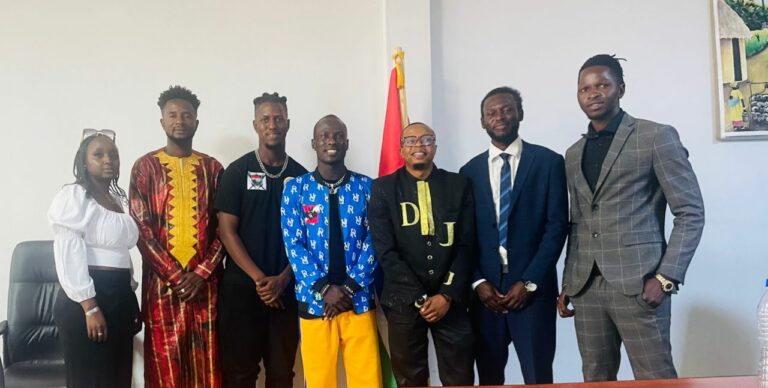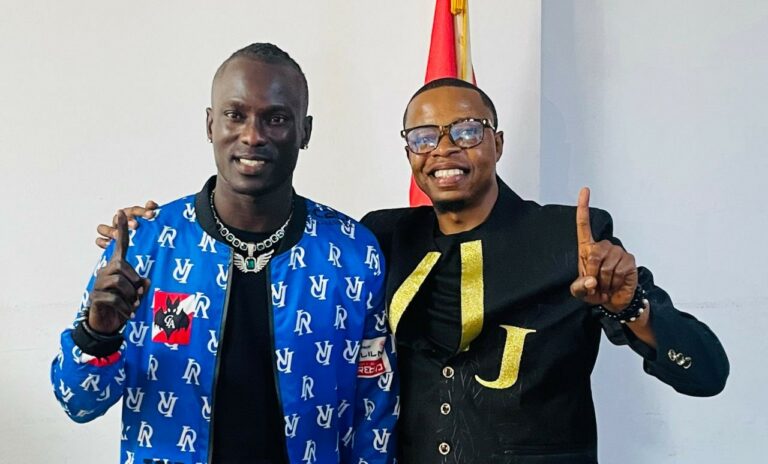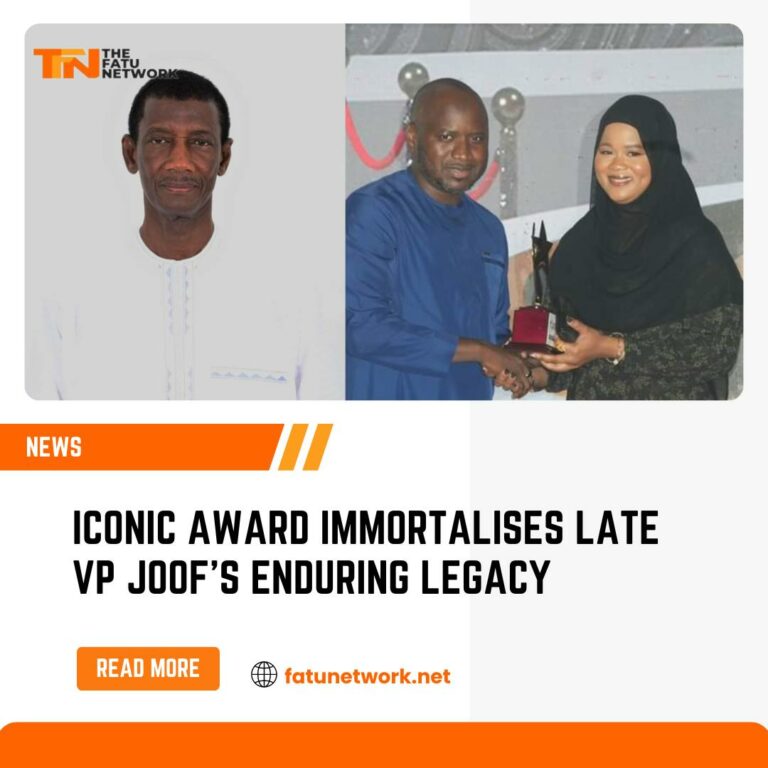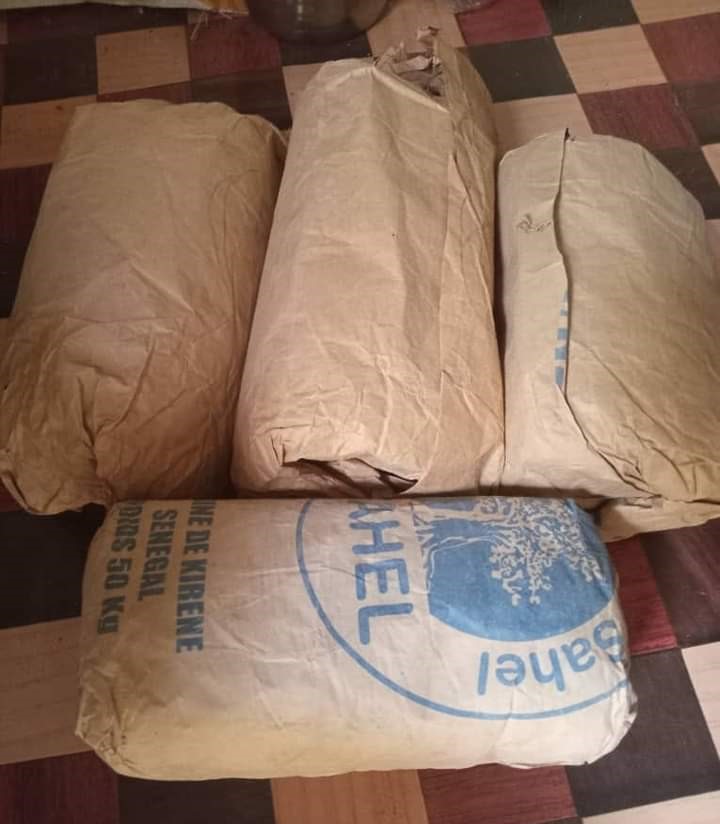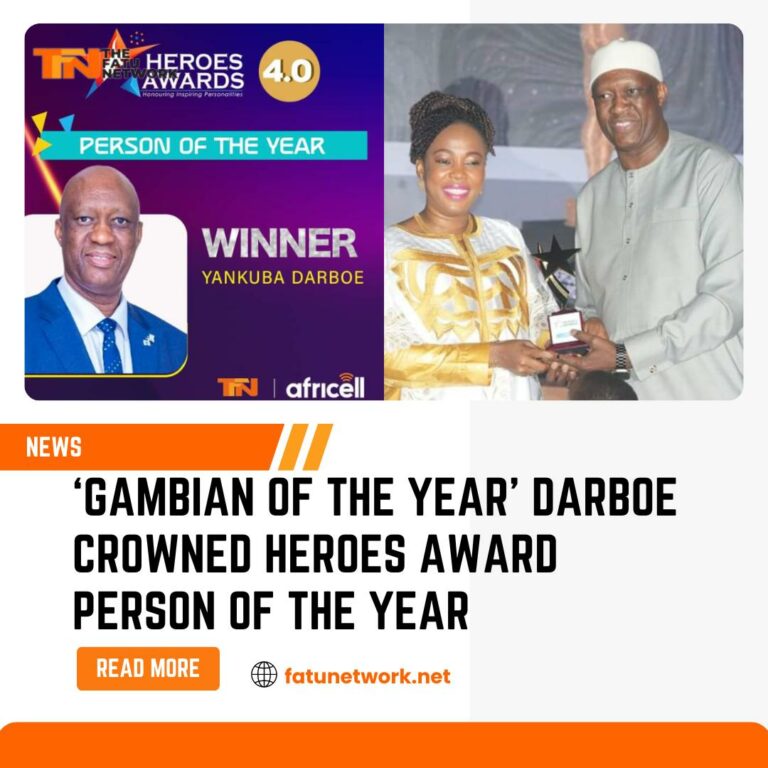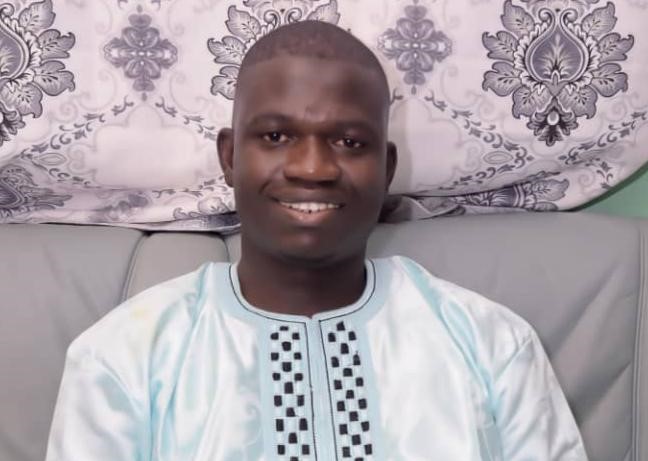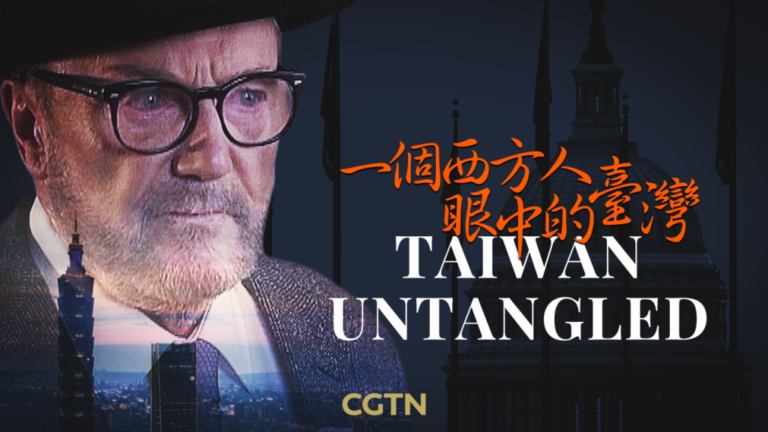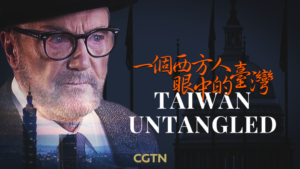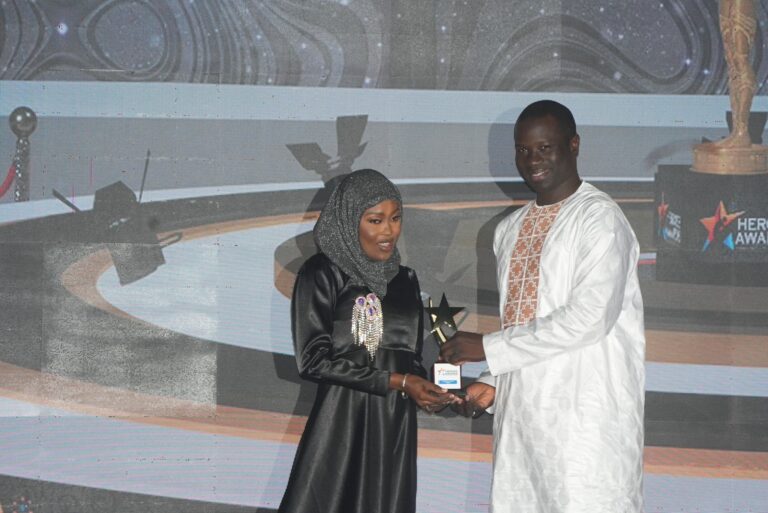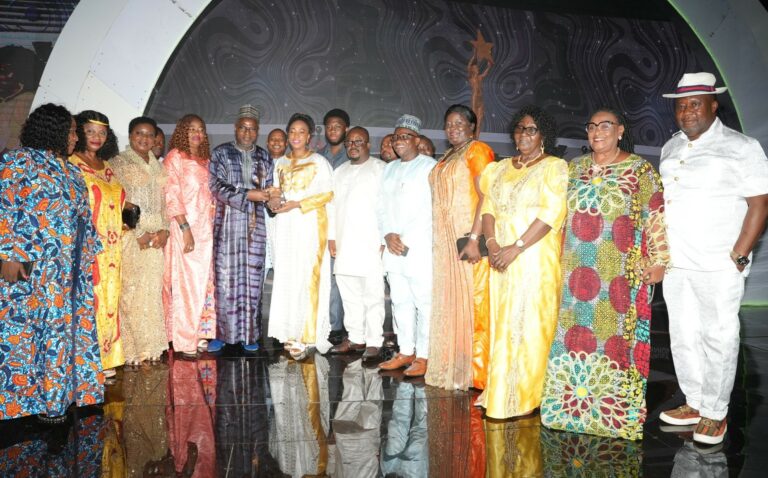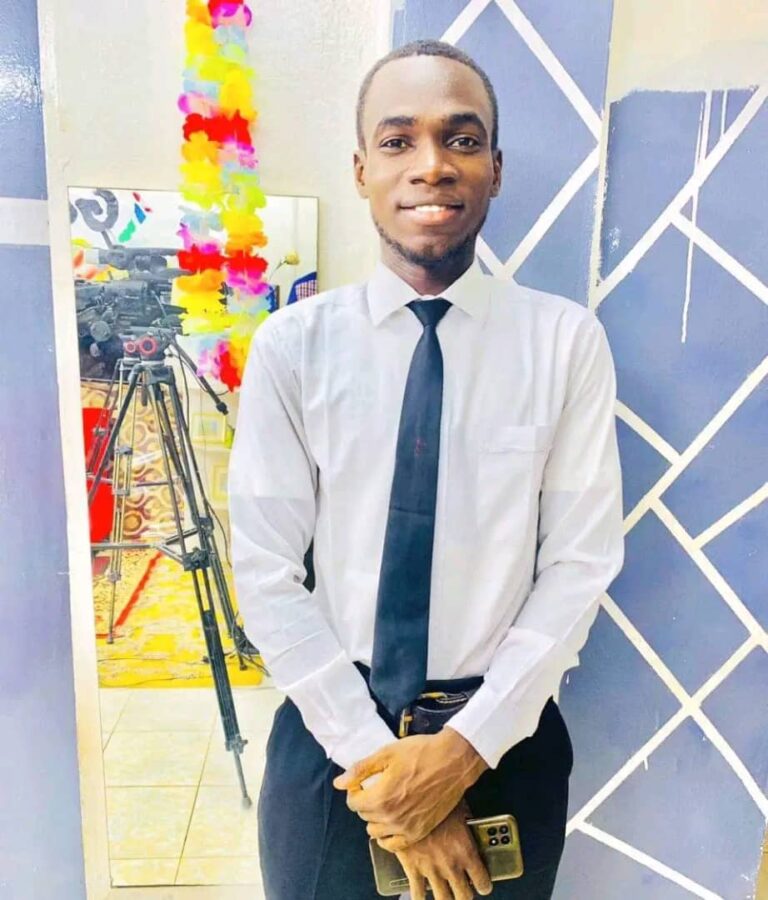OPINION
By ML Drammeh
In recent years, the Gambia National Team has faced significant challenges, notably the strained relationship between two key institutions: The Gambia Football Federation and the Ministry of Youth & Sports. This discord, whether known to the public or not, has greatly affected the team, including the salary of the former head coach, Tom Saintfiet, which the GFF reportedly covered with about 50 million dalasis due to the ministry’s failure to fulfil its financial obligations.
However, I felt a ray of hope emerged during the signing ceremony of the new head coach for the senior national team when Lamin Jassey, the General Secretary of the GFF, announced that the GFF and the ministry had forged a new relationship. Better late than never, because this “new relationship,” if genuine, could bring enormous benefits and support the progress of the new coach.
I have heard so much about the two institution’s relationship, but my understanding of the relationship between them deepened during my trip to the Africa Cup of Nations in Ivory Coast. Through interactions with staff from both the federation and the ministry, I was really able to substantiate the ‘sour’ relationship, which was characterized by a focus on each other’s faults rather than collaboration, between them.
As a young football administrator, I am always absolutely inquisitive about any issues hindering the progress of our football, especially those involving the ministry and the federation. It was because of this interest I capitalised on the situation in Ivory Coast to understand the underlying issues.
After several interactions, I had not discovered any bad that was insurmountable. These were things that could have been circumvented if the leaders of both institutions had prioritized collaboration over conflict.
Take, for example, the issue of the renovation of the Independence Stadium. A senior member at the federation told me that the ministry kept them in the dark regarding the renovation and the requirements to be met. To the person, the last CAF inspection failed because the ministry managed the renovations alone, without involving the federation. Although the government, through the ministry, controlled the funding and renovations, one would expect GFF, as the body governing football in the country, to be informed or involved by CAF regulations. However, this was not done because of the perceived “sour” relationship between the two entities. This is an issue that both institutions should sit and discuss in the interests of football in The Gambia. It is avoidable and both parties should look at the interest of the people.
I found the above issue of the Independence Stadium a bit confusing partly because the General Manager of the Independence Stadium, who is also a staff member of the ministry, holds an executive position within the GFF. How the ministry shunned the federation and the reason for it is still a mystery that I cannot understand.
Another issue that highlighted the strained relationship between the GFF and the ministry in the past was the hiring of Tom Saintfiet as the head coach of the national team. Normally, the government would hire the head coach and cover his salary. However, in this case, the GFF had to bear the full responsibility for paying the coach’s salary. This financial burden is likely why Tom Saintfiet was not based in the country, despite recommendations from some quarters.
Just yesterday, a senior staff member at the federation told me over the phone that the GFF had spent about 50 million dalasis on Tom Saintfiet’s remuneration. The reasons why the ministry did not pay the former head coach’s salary remain unclear to me; I never asked the minister why, but such situations surely indicate underlying issues. Unfortunately, I left journalism in February, just as I was planning to interview the minister. Nonetheless, I am relieved that this matter is behind us, and it appears that the government has hired the new head coach, taking on the responsibility for his salary and bonuses. This is a significant improvement, as it allows the federation to allocate funds to their intended purposes rather than covering the head coach’s salary.
Impressively, many people characterized the unveiling of the new coach as unprecedented, unlike the former coach, whose contract signing was bizarrely done outside the country. Apparently, all was not well in the past, and Lamin Kaba Bajo substantiated it when he spoke during the unveiling of the new head coach. He didn’t precisely say all was not well, but he spoke about unity and how Gambians can collectively work together towards achieving our common goal in football instead of fighting for positions at the federation. Some of us, who are familiar with certain issues at the top, can tell you exactly what Mr. Bajo meant. Certainly, with united efforts, we can overcome any obstacle and move mountains and cross bridges to be successful.
“The new relationship/collaboration between the Ministry/NSC and GFF is at an all-time high which is a great thing we should all cherish and safeguard,” the General Secretary of the GFF, Lamin Jassey posted on his Facebook account as he celebrates the new relationship that they all denied Gambians of in the recent past.
In this new relationship, the GFF and Ministry should also sit and address the national team’s financial concerns. On several occasions recently, the GFF has often redirected funds allocated for other important activities to support the national team, primarily because of the purportedly insufficient government funding provided to the ministry according to the federation’s budget. Such issues should be in the past since there is a new relationship. While I encourage it to be in the past, it is only natural that the federation does realistic budgeting.
The technical department of the GFF through the finance department should do an annual budget for the games of the national team/s and forward it to the Ministry of Youths and Sports. This way, the ministry can put the budget in their budget for onward submission to the Ministry of Finance and Economic Affairs to be captured in the national budget for approval at the parliament.
For the game to flourish in the country, Hon. Bakary Badjie and President Kaba Bajo must collaborate closely to ensure the government fully honours its obligations to the national teams. This will avert the need for the federation to divert funds allocated for other purposes to support the national team.
My delight was undeniable when Lamin Jassey revealed their new partnership. I am quite confident that both Hon. Bakary Badjie and Lamin Kaba Bajo aspire to be fondly remembered for any achievements the national teams may accomplish during their tenure at the helm of the federation and the ministry.
Maybe, the GFF can also use this “new relationship “to lure the government into funding the national leagues, since the GFF could only convince Baluwo for a sponsorship. Let them place the project before the ministry because football has created a huge number of employments for many young people in the country, both on and off the pitch. This could entice the ministry to begin committing something to the league. Maybe, 10-15 million dalasi every year. It is very possible!
The unfortunate reality is that a senior staff member at the Ministry of Youth & Sports told me that the ministry does not trust the federation. Clearly, the federation’s financial reputation is tainted. This is all the more reason for the federation to engage with the ministry to ensure that everything is properly managed.
The GFF needs to acknowledge the ministry’s role, and the ministry must also understand its duties regarding the national team to progress in this new partnership.
The new relationship, should it extend beyond the initial presentation of the new head coach, is certainly a move towards the right direction. We possess the potential to rise to prominence. Nevertheless, despite Lamin Jassey’s remarks, we have not yet reached the status of a giant in African football. We may achieve this distinction soon, but only if the GFF starts taking appropriate actions. Our ascent is contingent upon our commitment to doing the right things.

